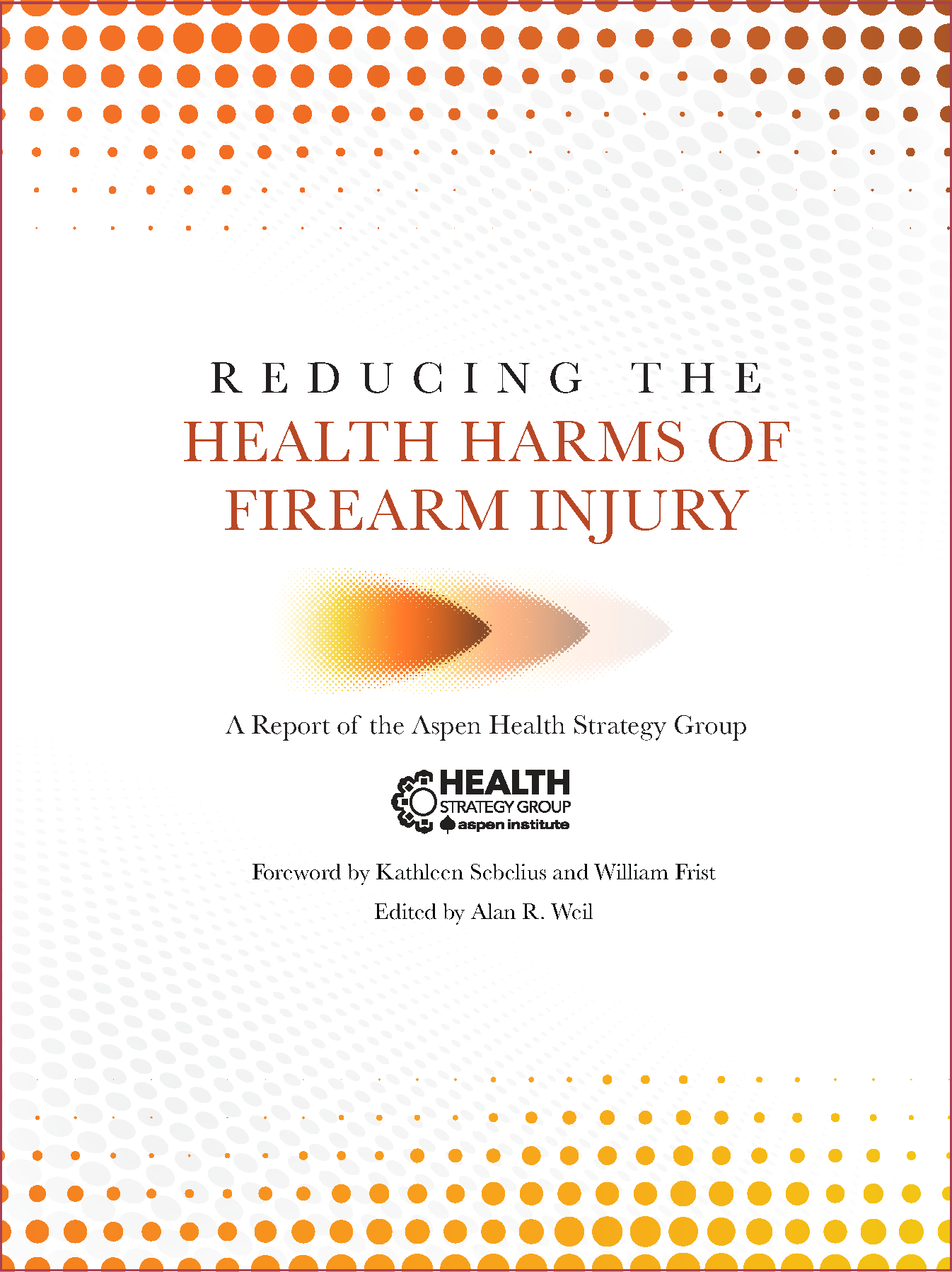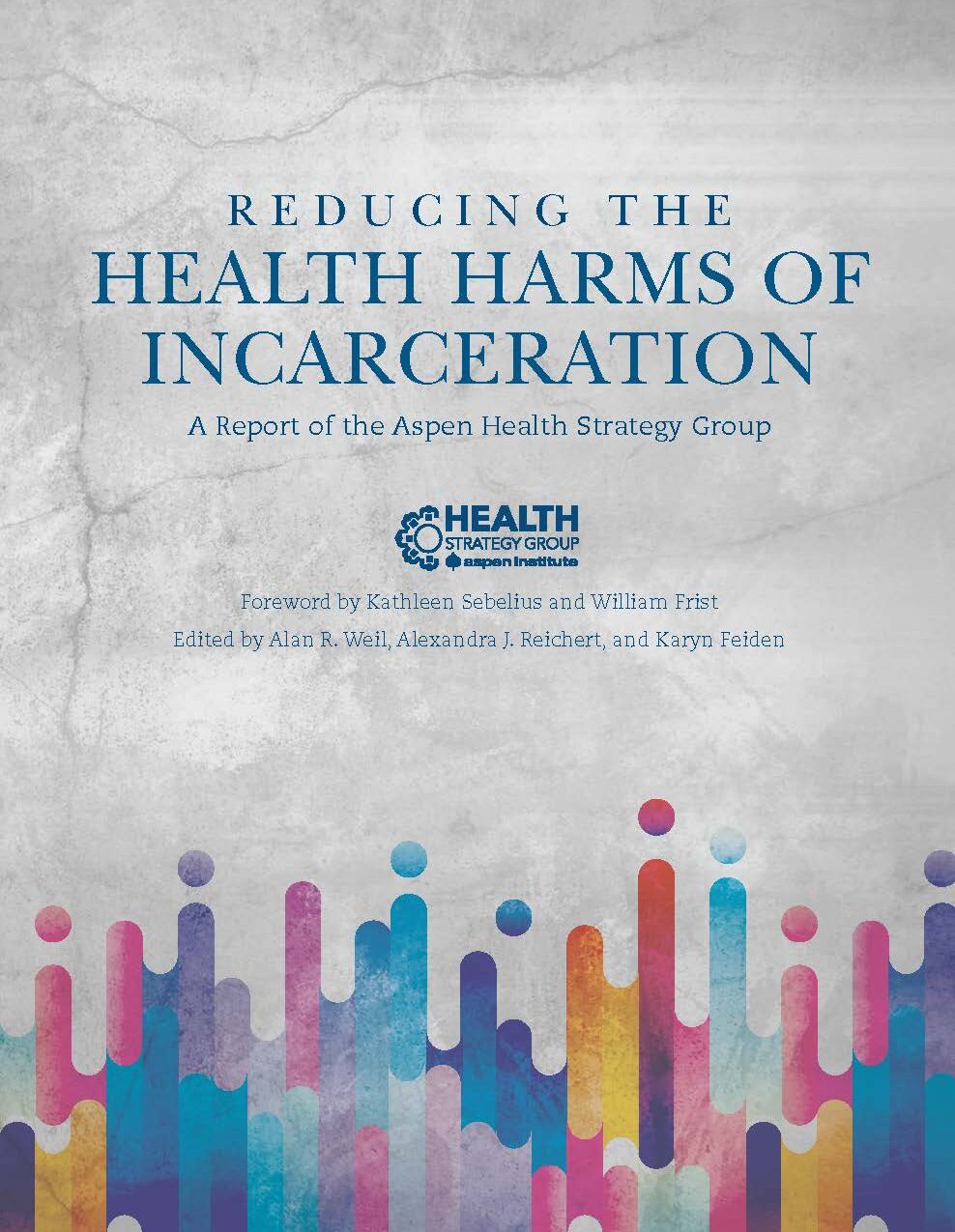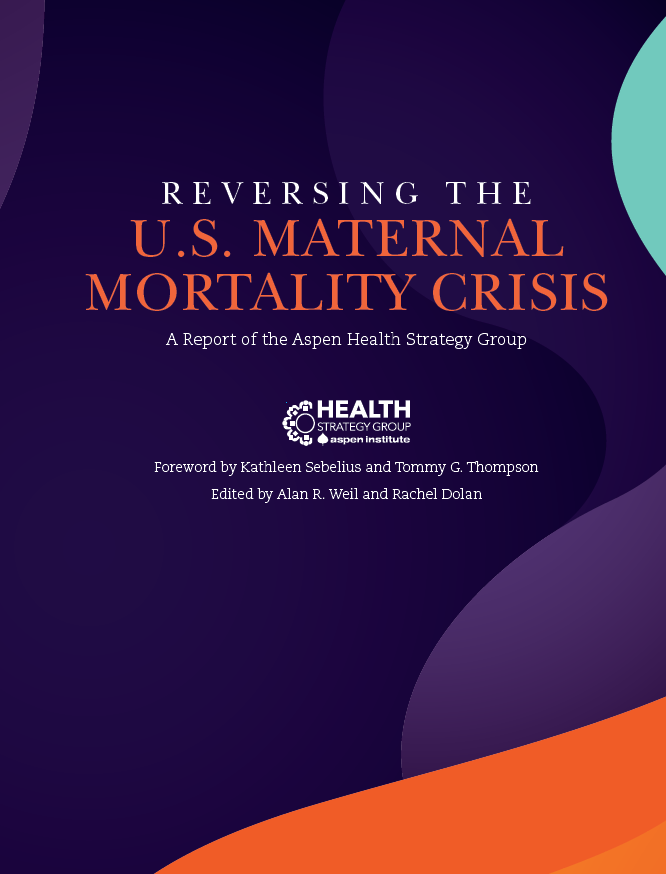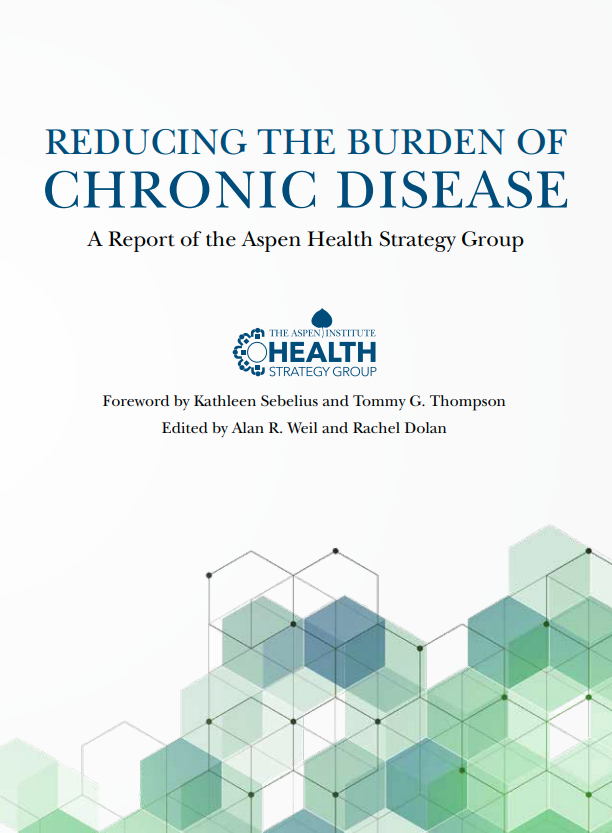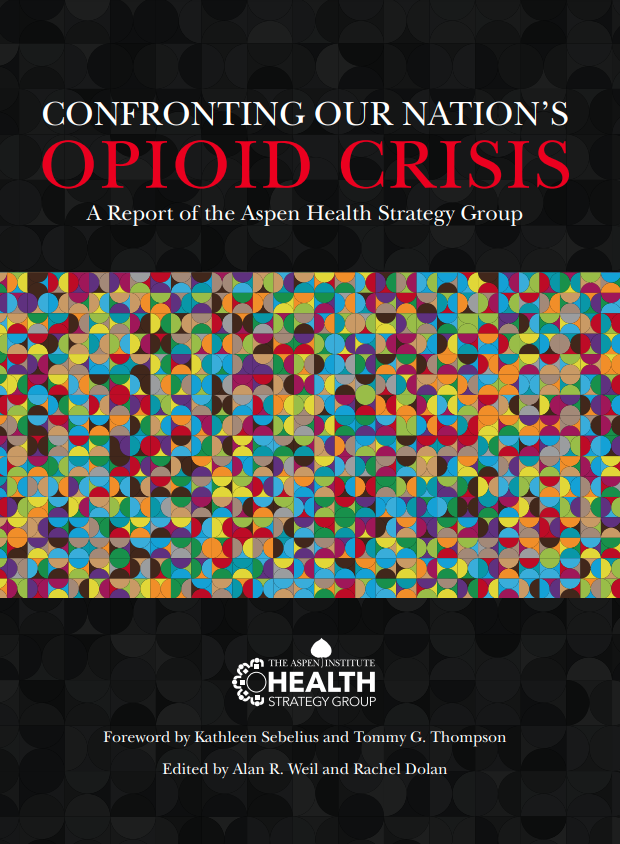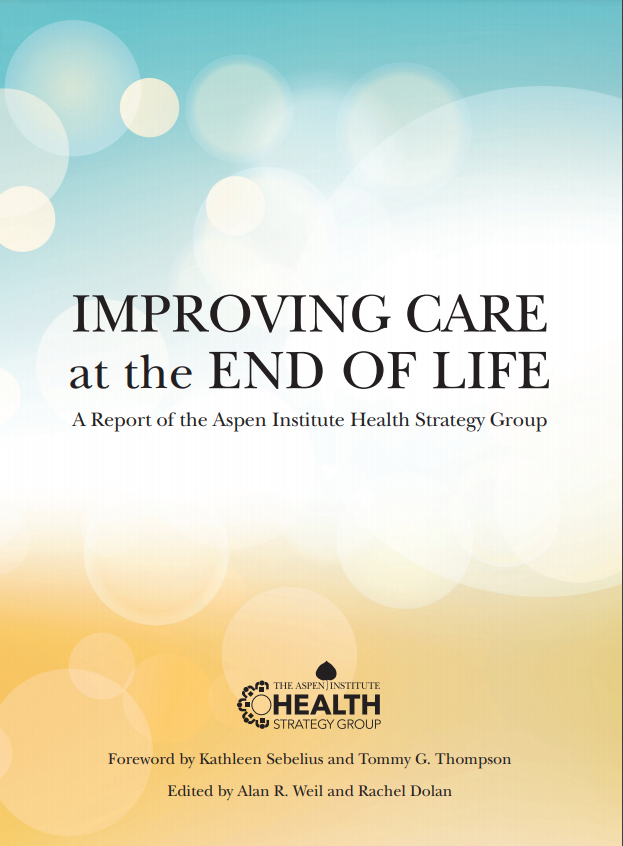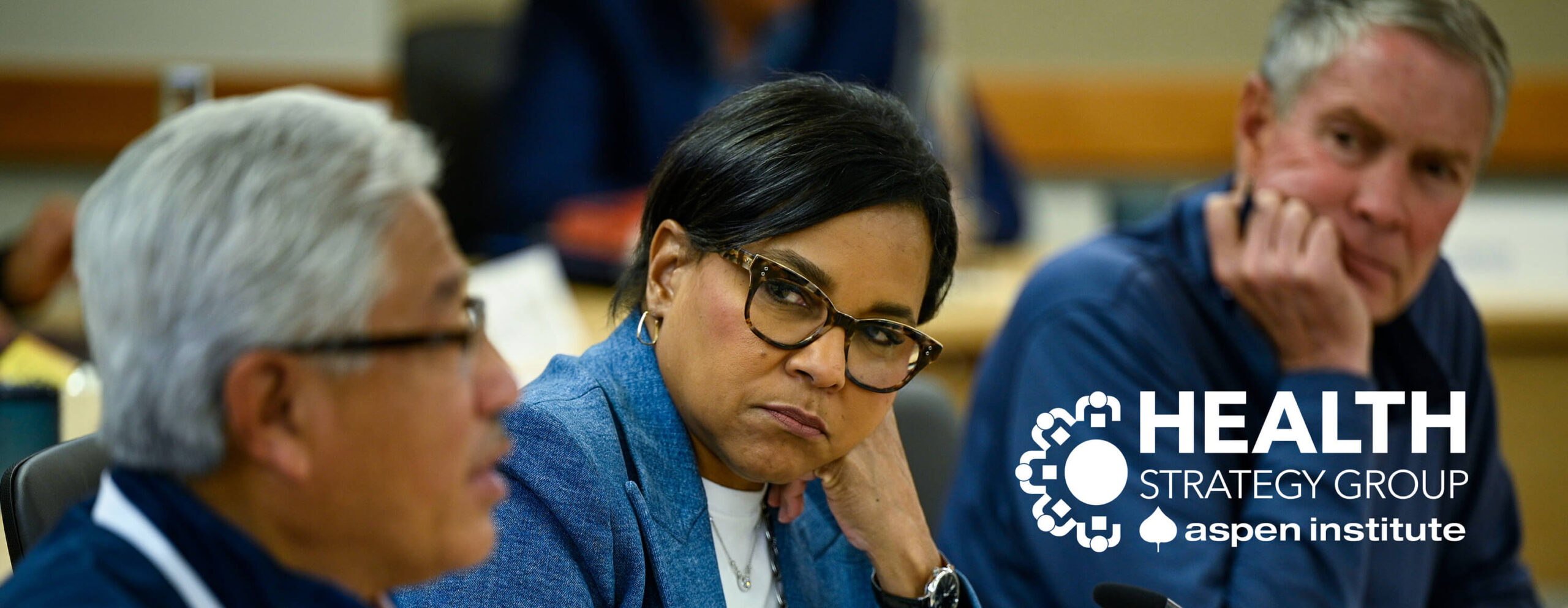
The Aspen Health Strategy Group (AHSG) promotes improvements in policy and practice by providing leadership on complex health issues. Its 19 influential members include CEOs and other high-level executives at major corporations, health systems, professional associations, and foundations, and innovative thinkers in academic settings. Cochairs are Kathleen Sebelius, 21st Secretary of Health and Human Services and former Governor of the State of Kansas, and William Frist, former Senator from Tennessee and former Senate Majority Leader.
Each year, the AHSG tackles a single health issue through a year-long, in-depth study. Informed by commissioned briefing papers, AHSG members convene at the Aspen Institute’s Colorado campus for two days of intensive learning and vigorous discussion and ultimately select five big ideas, accompanied by action steps, to drive meaningful change. Their findings and recommendations are packaged as an illustrated report that is widely disseminated to policymakers and other influencers. Past reports have covered data privacy, the health harms of incarceration, the US maternal mortality crisis, antimicrobial resistance, the burden of chronic disease, the nation’s opioid crisis, and end-of-life care.
Members
Co-chairs
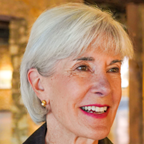
Kathleen Sebelius, MPA, is an expert on health policy, healthcare reform, human service delivery, and executive leadership. She served as secretary of the US Department of Health and Human Services from2009 to 2014, leading President Obama’s charge to pass and implement the Affordable Care Act. From 2003 to 2009, Sebelius served as governor of Kansas. She chairs the board of Humacyte Inc. and serves on the boards of Devoted Health Inc., Exact Sciences Inc., Included Health Inc., and the KFF, and is a senior advisor to the Dole Institute of Politics, the National Cannabis Roundtable, Out Leadership, the Estee Lauder Foundation, and the University of Kansas College of Liberal Arts and Sciences. During her career, Sebelius has led numerous efforts on early childhood initiatives, women’s health, tobacco control, mental health parity, HIV/AIDS, polio, prevention of chronic diseases, and global health security.

William H. Frist, MD, is chair of the Global Board of The NatureConservancy, the world’s largest conservation organization. A formerUS Senator representing Tennessee and former Senate majority leader,his leadership was instrumental in passing the 2003 MedicareModernization Act that established Medicare Advantage andthehistoric President’s Emergency Plan for AIDS Relief (PEPFAR) legislation, which has alreadyprovided life-saving treatment to 28 million people worldwide. Frist is a nationally recognizedheart and lung transplant surgeon and founding partner of the health service investment firmFrist Cressey Ventures, and is actively engaged in the business, medical, humanitarian, andphilanthropic communities.A leading authority on healthcare, Frist publishes and speaks nationally on climate change, gunsafety, pandemic preparedness, health equity, global health, and education reform. In 2019, helaunched “A Second Opinion” podcast, which addresses today’s challenging healthcare issuesfrom three distinct vantage points: policy, medicine, and innovation.
Members
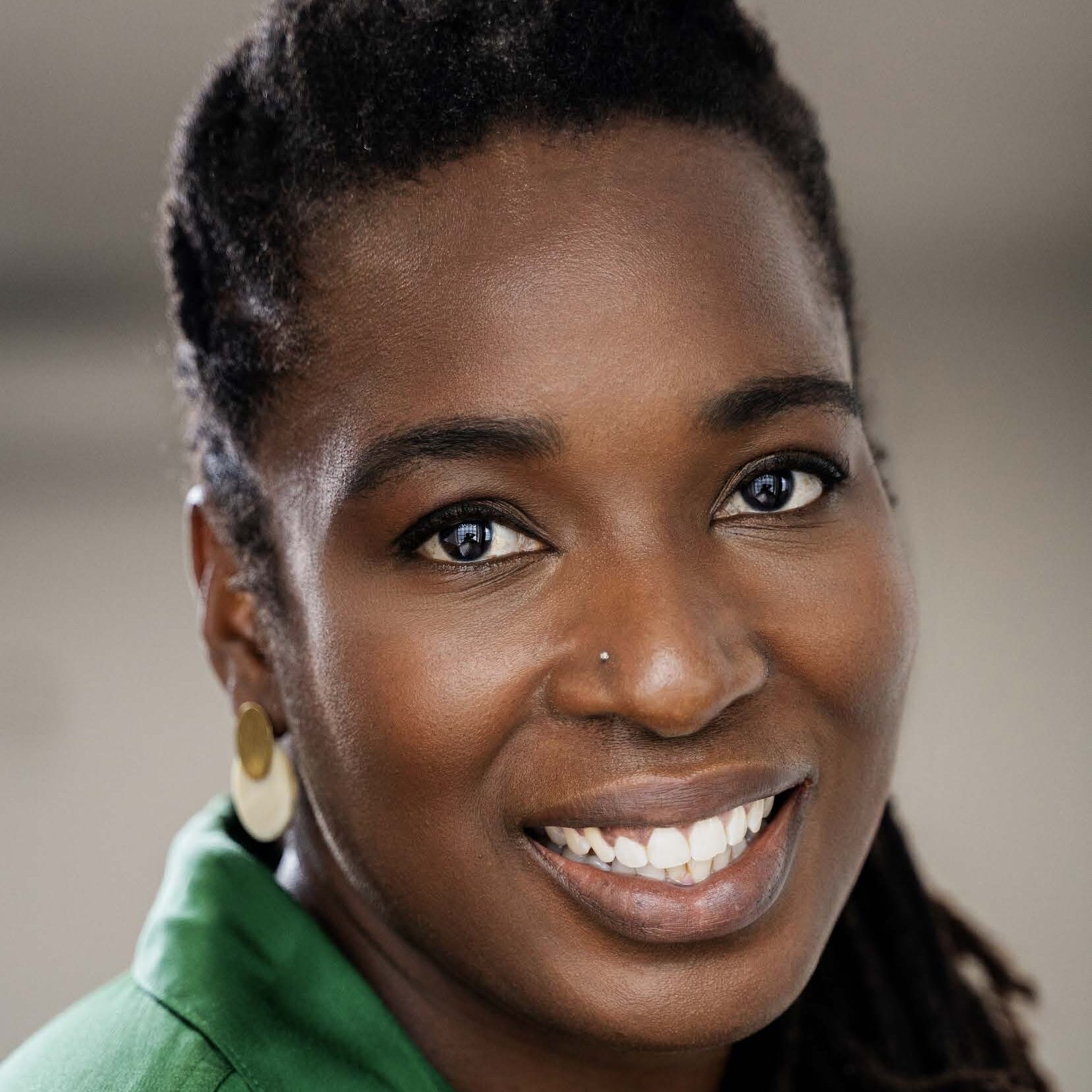
Toyin Ajayi, MD, MPhil, is co-founder and CEO of Cityblock, a value-based healthcare provider for Medicaid and dually eligible beneficiaries in underserved communities. Cityblock’s integrated and tech-enabled care model meets individuals where they are, delivering highly personalized medical care, behavioral healthcare, and social services. Prior to Cityblock, Ajayi was chief medical officer of Commonwealth Care Alliance, an integrated health plan and care delivery system for individuals eligible for both Medicare and Medicaid. In 2023, Ajayi was named to Modern Healthcare’s Top Women Leaders in Healthcare list, STAT’s STATUS List, and the Aspen Institute’s Henry Crown Fellows. She serves on the board of directors of Evolent Health, is a member of the Congressional Budget Office’s Health Panel of Health Advisers, and is co-founder of Coalition Partners, where she invests in and mentors early-stage entrepreneurs.

Richard Baron, MD, MACP, is president and CEO of the American Board of Internal Medicine (ABIM) and the ABIM Foundation and formerly chaired ABIM and served on its board of trustees. He practiced general internal medicine and geriatrics for almost 30 years at Greenhouse Internists, P.C., in Philadelphia, leaving the practice to serve as group director of Seamless Care Models at the Centers for Medicare and Medicaid Services Innovation Center. In that capacity he led efforts related to accountable care organizations and primary care. Until joining the federal government, Baron served on the board of the National Quality Forum and its Health Information Technology Advisory Committee and on the Standards Committee of the National Committee for Quality Assurance. Previously, he was chief medical officer of Health Partners, a not-for-profit Medicaid HMO, and architect of the Best Clinical and Administrative Practices program, funded by the Robert Wood Johnson Foundation and the Center for Health Care Strategies.
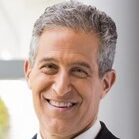
Richard Besser, MD, is president and CEO of the Robert Wood Johnson Foundation, the largest private foundation in the country devoted to health. Previously, he was acting director for the Centers for Disease Control and Prevention and ABC News’s chief health and medical editor. Besser assumed his position at RWJF in April 2017 and now leads the guiding mission to build a comprehensive Culture of Health that provides everyone in America with a fair and just opportunity to live the healthiest life possible. In that role, he is a leading advocate for health equity, racial justice, full inclusion of people with disabilities, and a COVID-19 response and recovery that prioritizes those most impacted. He continues to volunteer as a pediatrician at the Henry J. Austin Health Center in Trenton, New Jersey.
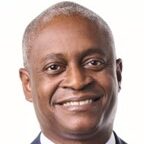
Raphael Bostic, PhD, is the 15th president and CEO of the Federal Reserve Bank of Atlanta, responsible for all the Bank’s activities, including monetary policy, bank supervision and regulation, and payment services. In addition, he serves on the Federal Reserve’s chief monetary policy body, the Federal Open Market Committee. Previously, Bostic served in the Obama Administration as the assistant secretary for policy development and research at the US Department of Housing and Urban Development, leading a 150-personinterdisciplinary team with broad expertise in housing, community development, and economic development. As a professor in the University of Southern California’s School of Policy, Planning, and Development, Bostic’s work has appeared in leading economic, public policy, and planning journals. He also served as the chair of the Governance, Management and Policy Process Department at the University of Southern California’s Bedrosian Center on Governance.
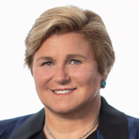
Gail Boudreaux serves as president and chief executive officer at Elevance Health, where she leads the company in improving lives and communities, simplifying healthcare, and building trust with customers. Her career scaling multi-billion-dollar businesses in the healthcare industry spans over 30 years, including six as CEO of UnitedHealthcare, a division of UnitedHealth Group, and executive roles at Health Care Service Corporation and Aetna Inc. Today, she oversees Elevance Health’s nearly 100,000 associates serving 119million people, and a growing portfolio of plans and subsidiaries that generated revenue of nearly $156 billion in 2022. Named one of Fortune Magazine’sMost Powerful Women in Business and one of 100 Most Powerful Women in the World by Forbes, she currently serves on the board of directors for Target, the Central Indiana Corporate Partnership, Inc., Blue Cross Blue Shield Association, the Business Council, the National Institute for HealthCare Management, and American Health Insurance Plans.

Dena Bravata, MD, MS, is a healthcare entrepreneur and executive who advises healthcare technology and services companies, a senior research scientist in Stanford’s Center for Primary Care and Outcomes Research, and a nationally recognized health services researcher. She co-founded Lyra Health and has served as its chief medical officer. Previously, Bravata was the chief medical officer and head of products at Castlight Health, an internist in private practice, and an attending physician at Stanford University and the Veteran’s Administration Palo Alto Health Care System. Bravata has served on the Governing Council of the Stanford-UCSF Evidence-based Practice Center and the board of trustees of the Society for Medical Decision Making, and was an assistant public health officer for Santa Clara County.
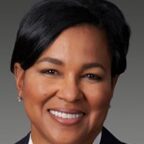
Rosalind (Roz) Brewer is chief executive officer of Walgreens Boots Alliance. Previously, Brewer served as chief operating officer and group president at Starbucks and as president and chief executive officer of Sam’s Club, Walmart’s membership-only retail warehouse club, after holding several leadership positions at Walmart. Prior to joining Walmart, Brewer spent many years in management at Kimberly-Clark Corporation, culminating in her role as president of Global Nonwovens Division. She is chairperson of Spelman College’s Board of Trustees and serves on other boards, including Business Roundtable and the National Museum of African-American History and Culture. Brewer is sixth on Fortune’s “50 Most Powerful Women in Business” and was named one of the 25 most influential women by the Financial Times in 2021.
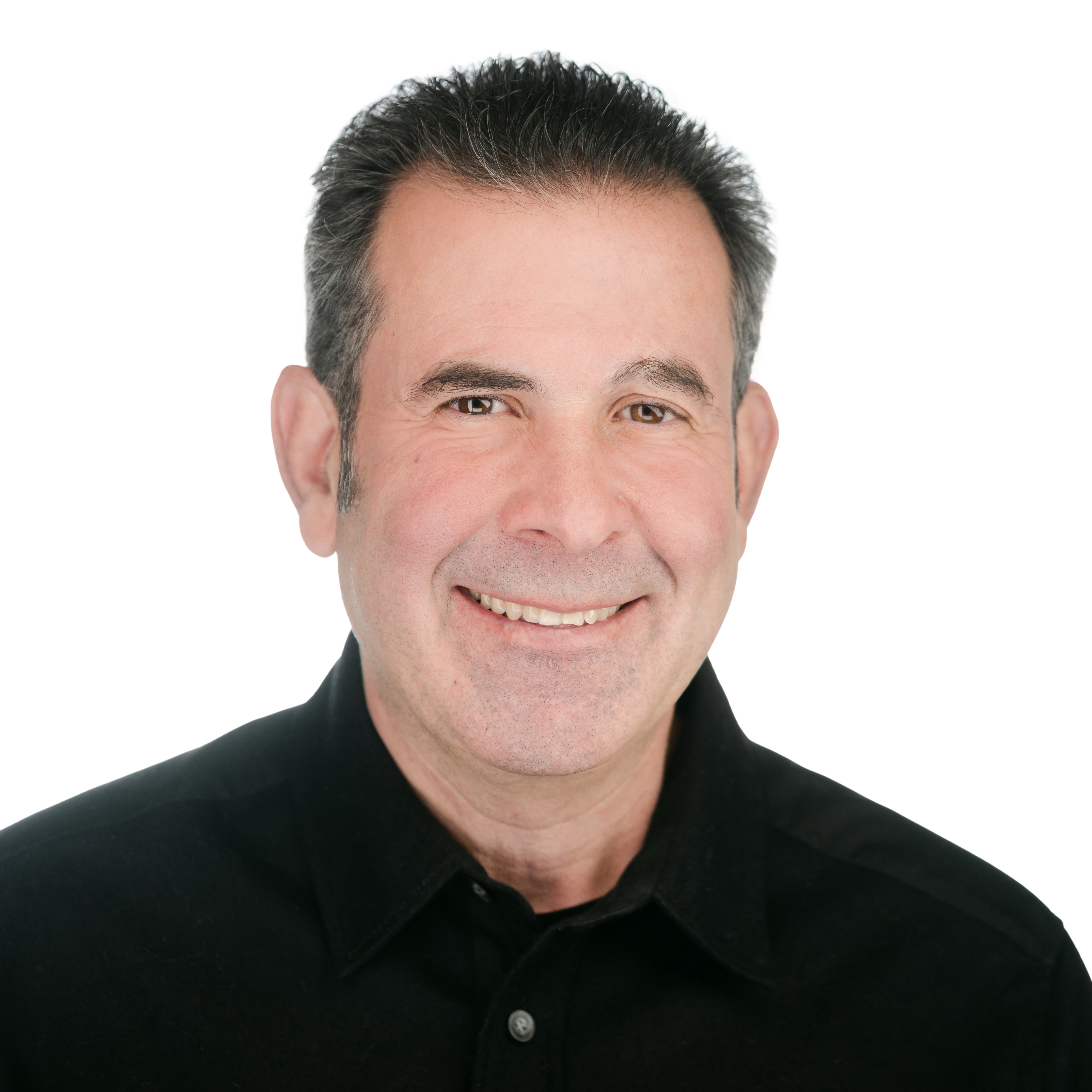
Eduardo Conrado, MBA, is president of Ascension, one of the nation’s leading non-profit and Catholic health systems. Previously, he was executive vice president and chief strategy and innovation officer for Ascension. Conrado joined Ascension in 2018 as executive vice president and chief digital officer after serving on its board of directors. Recognized by Modern Healthcare as a Top 20 Innovator in Healthcare in 2021, he led Ascension’s digital and data strategy, driving the platform to enable an exceptional consumer experience as well as a better clinician experience across the enterprise. Prior to joining Ascension, Conrado was executive vice president and chief strategy and innovation officer at Motorola Solutions, where he served in a variety of leadership roles in corporate and multiple international businesses in a range of consumer and commercial segments. Conrado is a board member at the Catholic Health Association of the United States.

Toby Cosgrove, MD, was president and CEO of the Cleveland Clinic where he reorganized services, improved outcomes and patient experience, and strengthened the $8 billion organization’s financing, guiding it to a #2 hospital ranking by U.S. News & World Report. He currently serves as Executive Advisor at Cleveland Clinic, working with leadership on strategies for national and international growth. Cosgrove is also strategic advisor to Care Centrix, senior advisor of Innova Health Partners, a board member at Cleveland Clinic Abu Dhabi, American Well, Hims & Hers, and View, and is frequently asked to comment on national and international media. A member of the National Academy of Medicine and a fellow of the National Academy of Inventors, he was named a Fortune “Business person of the Year” and has been asked by three successive US presidents to consult on healthcare issues.

Deborah DiSanzo is president of Best Buy Health, where she is responsible for the company’s overall health strategy, connecting people with technology to care for their health at home. In that capacity, she oversees the company’s three focal areas of wellness at home, aging at home, and care at home and leads the incubation, strategy, and corporate development teams focused on scaling health initiatives. She is a recognized thought leader in artificial intelligence and big data, has deep experience in running industry-recognized innovative healthcare businesses, and has a demonstrated ability to drive growth both organically and through acquisitions. Prior to Best Buy, DiSanzo led the IBM Watson Health team, launching artificial intelligence offerings designed to help doctors, researchers, healthcare providers, pharmacists, and insurers better serve patients around the world. She was also CEO of Philips Healthcare, where she and her team brought consumer-grade, automatic defibrillators to the market, making them first available in public places and then in the homes of Americans.
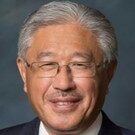
Victor Dzau, MD, is president of the National Academy of Medicine, vice chair of the National Research Council, chancellor emeritus of Duke University, and past CEO of Duke Health System. Previously, he was professor and chairman of medicine at both Harvard and Stanford universities. Recognized globally as a scientist, administrator, and leader, Dzau’s seminal research in cardiovascular medicine and genetics laid the foundation for the class of lifesaving cardiac drugs known as ACE inhibitors. He pioneered gene therapy for vascular disease and was the first to introduce DNA decoy molecules to block transcription as gene therapy in humans. A leader in global health, Dzau launched the Duke Global Health Institute and Duke-NUS Medical School in Singapore, founded the Division of Global Health Equity at Harvard, and chairs the International Advisory Board of McGill’s School of Population and Global Health. Among other activities, he serves on WHO’s Global Preparedness Monitoring Board, is a principal for the Access to COVID Tools Accelerator, and was on the board of the Coalition of Epidemic Preparedness and Innovation. He leads the World Economic Forum Regional Vaccine Manufacturing Collaborative and is co-chair of the Science and Technology Expert Panel for the Independent Pandemic Preparedness Secretariat.

Judy Faulkner is founder and CEO of Epic, which she began in 1979 in the basement of an apartment house with $70,000 in start-up money and two half-time assistants. Epic has grown by its bootstraps, without venture capital or going public. After teaching computer science for several years she worked as a software developer, creating one of the first databases organized around the patient. She currently is a member of the National Academy of Medicine’s Leadership Roundtable and the Scottsdale Institute. Faulkner has pledged that 99% of her assets will go to philanthropy.
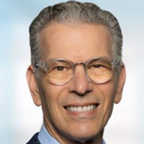
As chairman of Oracle Health, David Feinberg, MD, MBA, is committed to making healthcare more accessible, affordable, and equitable. His work advances thought leadership and strategy to unleash the healing power of data through an open and connected healthcare ecosystem. Feinberg had previously been president and CEO of Cerner, now Oracle Health. A pediatric psychiatrist, he also served as president and CEO of both UCLA Health and Geisinger Health. His focus on patient experience increased UCLA’s patient satisfaction scores from the28th to the 99th percentile. At Geisinger, Feinberg led a complex turnaround that made the company one of the nation’s most innovative healthcare providers, including developing a first-of-its kind clinical program that made DNA sequencing routine. In a previous role as leader of Google Health, Feinberg helped put the company at the forefront of using artificial intelligence and mobile platforms to improve healthcare and—in partnership with Ascension Health—produced Care Studio, a tool that organizes patient records for healthcare clinicians.

Harvey Fineberg, MD, PhD, is president of the Gordon and Betty Moore Foundation. He previously served as president of the National Academy of Medicine (then called the Institute of Medicine), provost of Harvard University, and dean of the Harvard T.H. Chan School of Public Health. His academic career was devoted mostly to health policy and medical decision-making, with research focused on global health, assessing medical technology, evaluating vaccines, and disseminating medical innovations. Fineberg is currently board chair of the Science Philanthropy Alliance, chair of the Peterson Center on Healthcare’s advisory board, and a member of the editorial board of the New England Journal of Medicine. He previously chaired the boards of the Carnegie Endowment for International Peace and the William and Flora Hewlett Foundation and helped found the Society for Medical Decision Making, where he served as president.

Helene Gayle, MD, began serving as the eleventh president of Spelman College in 2022. She previously served as president and CEO of the Chicago Community Trust, one of the nation’s oldest and largest community foundations. Under her leadership, the trust adopted a new strategic focus on closing the racial and ethnic wealth gap in the Chicago region. For almost a decade, Gayle was president and CEO of CARE, a leading international humanitarian organization. A public health physician with expertise in economic development and humanitarian and health issues, Gayle spent 20 years with the CDC, working primarily on HIV/AIDS, and also led the Bill &Melinda Gates Foundation’s programs on HIV/AIDS and other global health issues. Gayle serves on numerous public company and nonprofit boards, including the Coca-Cola Company, Organon, Palo Alto Networks, the Bill and Melinda Gates Foundation, Brookings Institution, the Center for Strategic and International Studies, New America, and the ONE Campaign.

Ai-jen Poo is president of the National Domestic Workers Alliance, director of Caring Across Generations, co-founder of SuperMajority, and a trustee of the Ford Foundation. She is a nationally recognized expert on elder and family care, the future of work, gender equality, immigration, narrative change, and grassroots organizing. Author of the celebrated book, The Age of Dignity: Preparing for the Elder Boom in a Changing America, and co-host of the podcast Sunstorm, she has been recognized among Fortune’s 50 World’s Greatest Leaders and Time’s 100 Most Influential People in the World, and has received numerous awards, including a 2014 MacArthur “Genius” Award.
The National Domestic Workers Alliance was instrumental in helping to pass a Domestic Worker Bill of Rights in 10 states and the cities of Seattle and Philadelphia, and bringing over two million home care workers under minimum wage protections. In 2011, Poo launched Caring Across Generations to unite American families in a campaign to address the nation’s crumbling care infrastructure. The campaign has catalyzed groundbreaking policy change, including the nation’s first family caregiver benefit in Hawai’i and the first long-term care social insurance fund in Washington State.
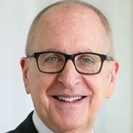
David Skorton, MD, is president and CEO of the Association of American Medical Colleges (AAMC), which represents the nation’s medical schools, teaching hospitals and health systems, and academic societies. At AAMC, Skorton has addressed social issues that affect health, guided the association through the pandemic, and built a multiyear strategic plan to tackle the nation’s most intractable challenges in health and healthcare, working to make academic medicine more diverse, equitable, and inclusive. Previously, he served as president of Cornell University and the University of Iowa. A pioneer of cardiac imaging and computer processing techniques, he was also co-director and co-founder of the University of Iowa Adolescent and Adult Congenital Heart Disease Clinic. Currently a distinguished professor at Georgetown University, Skorton is an elected member of the National Academy of Medicine, the American Academy of Arts and Sciences, and the American Philosophical Society, a lifetime member of the Council on Foreign Relations, and a fellow of the American Association for the Advancement of Science.
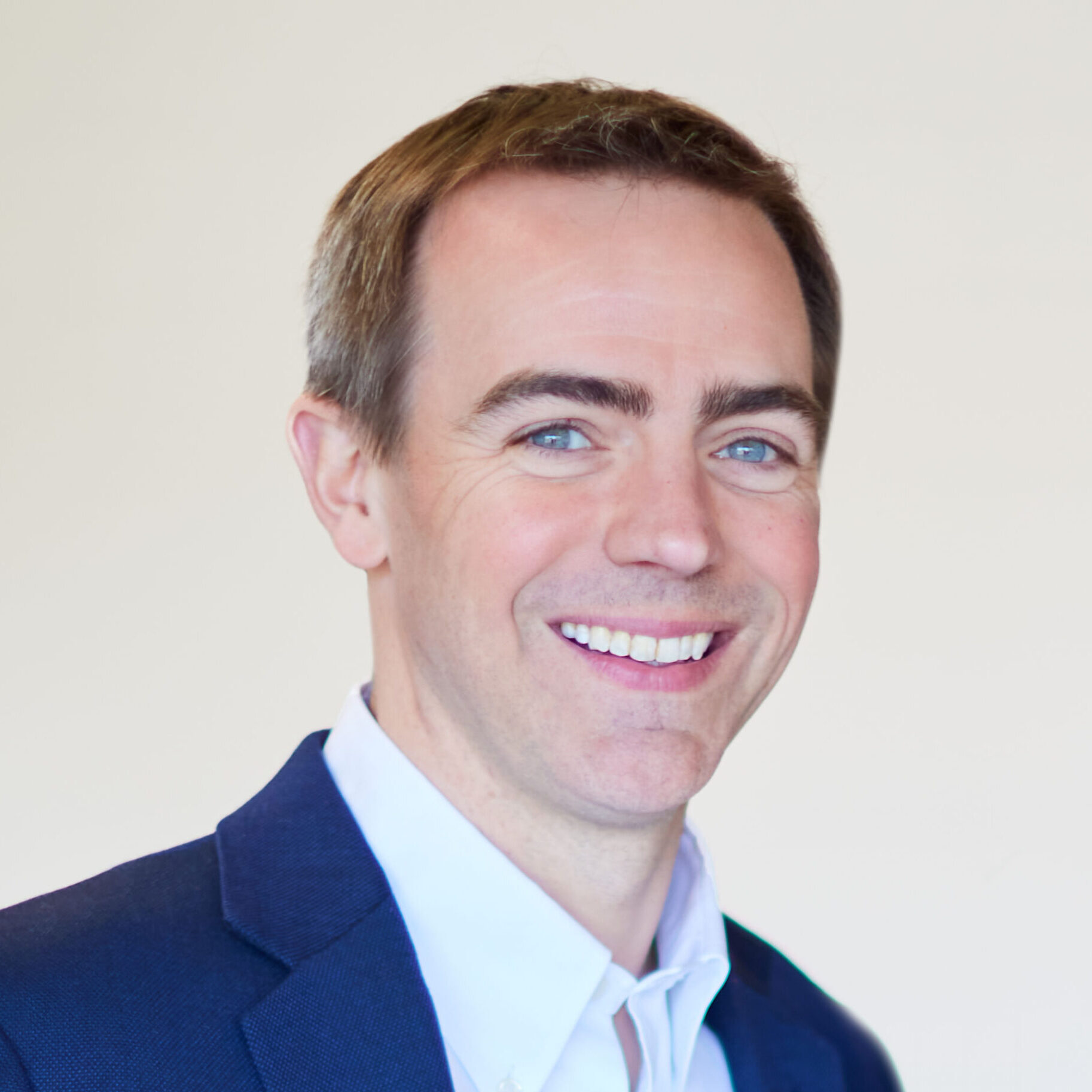
Brad Smith, MPhil, is founder and CEO of Russell Street Ventures, a healthcare firm focused on launching and scaling companies that serve vulnerable patient populations. Smith is also chairman and CEO of Main Street Health, a provider of primary care services to patients in rural America, and executive chairman of CareBridge, which serves homebound Medicaid patients. Previously, he was co-founder and CEO of Aspire Health, which he grew into the nation’s largest home-based palliative care provider before selling it to Anthem in 2018. He then became chief operating officer of Anthem’s Diversified Business Group. Smith served in government as deputy director of the White House Domestic Policy Council, senior advisor to the Secretary of the U.S. Department of Health and Human Services, deputy administrator at the Centers for Medicare and Medicaid Services, and director of the Center for Medicare and Medicaid Innovation.
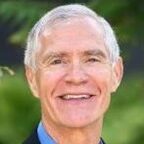
Jeff Thompson, MD, is the former CEO of Gundersen Health System, a pediatrician, author of Lead True: Live Your Values, Build Your People, Inspire Your Community, and a retired neonatal pediatrician. As CEO of Gundersen Health System, he was responsible for improving quality, lowering costs, and rapidly advancing technology, partnering with a staff of 7,000, serving hundreds of thousands of patients, and stewarding a $1 billion budget that he considered the community’s money. Under his leadership, Gundersen developed an energy program that decreased greenhouse gas emissions by 95% and decreased hazardous pharmaceutical wastes by 98% with a strategy that also lowered the cost of care and improved the local economy.
Thompson received the Practice Green Health Visionary Leader Award, was the only US provider to speak in the Blue Zone at the Paris Climate talks, and received the White House Champions of Change award in 2013. He continues to teach, mentor, and build the next generation of leaders.

Antonia Villarruel, PhD, RN, FAAN, is the Margaret Bond Simon Dean of Nursing at the University of Pennsylvania School of Nursing and director of the school’s WHO Collaborating Center for Nursing and Midwifery Leadership. As a bilingual and bicultural researcher, she has extensive research and practice experience with Latino populations, health promotion, and disparities. Among other leadership positions, she is an elected fellow of the American Academy of Nursing and an elected member of the National Academy of Medicine and the College of Physicians of Philadelphia. Villarruel also chairs the National Academy of Medicine Culture of Health Program Advisory Committee, co-chairs the Strategic Advisory Council of the AARP/RWJF Future of Nursing Campaign for Action, and is regent of the Uniformed Health Sciences University. She has received numerous honors, including the Health Care Leader Award from the American Academy of Nursing, the Sigma Theta Tau International Nurse Researcher Hall of Fame Award, the Globy Award for Educational Leadership from the Global Philadelphia Association, and the prestigious Ohtli Award from the government of Mexico.
Ex-Officio Members
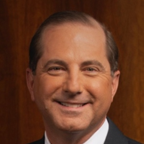
Alex M. Azar II, 24th U.S. Secretary of Health and Human Services (2018-2021)
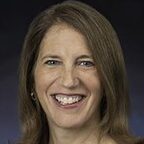
Sylvia Mathews Burwell, President, American University, 22nd U.S. Secretary of Health and Human Services (2014-2017)
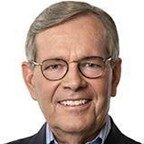
Michael O. Leavitt, Founder and Chairman, Leavitt Partners; 20th U.S. Secretary of Health and Human Services (2005-2009)

Tommy G. Thompson, 19th U.S. Secretary of Health and Human Services (2001-2005), AHSG Co-chair (2015-2021)

Donna Shalala, 18th U.S. Secretary of Health and Human Services (1993-2001)
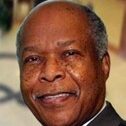
Louis Sullivan, Chair, Sullivan Alliance to Transform American’s Health Professions, Association of Academic Health Centers; 17th U.S. Secretary of Health and Human Services (1989-1993)
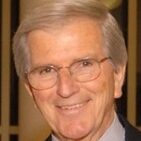
David Mathews, 11th U.S. Secretary of Health, Education and Welfare (1975-1977)
Director
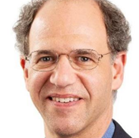
Alan Weil, JD, MPP, has held the position of editor-in-chief of Health Affairs, the nation’s leading health policy journal, since 2014. Previously he was the executive director of the National Academy for State Health Policy (NASHP), director of the Urban Institute’s Assessing the New Federalism project, and executive director of the Colorado Department of Health Care Policy and Financing. He is an elected member of the National Academy of Medicine and has been a member of the Medicaid & CHIP Payment & Access Commission (MACPAC), a trustee of the Consumer Health Foundation (now if, a foundation for radical possibility), a member of the Kaiser Commission on Medicaid & the Uninsured, a member of the Commonwealth Fund Commission on a High Performance Health System, and a member of the Institute of Medicine’s Board on Health Care Services.
